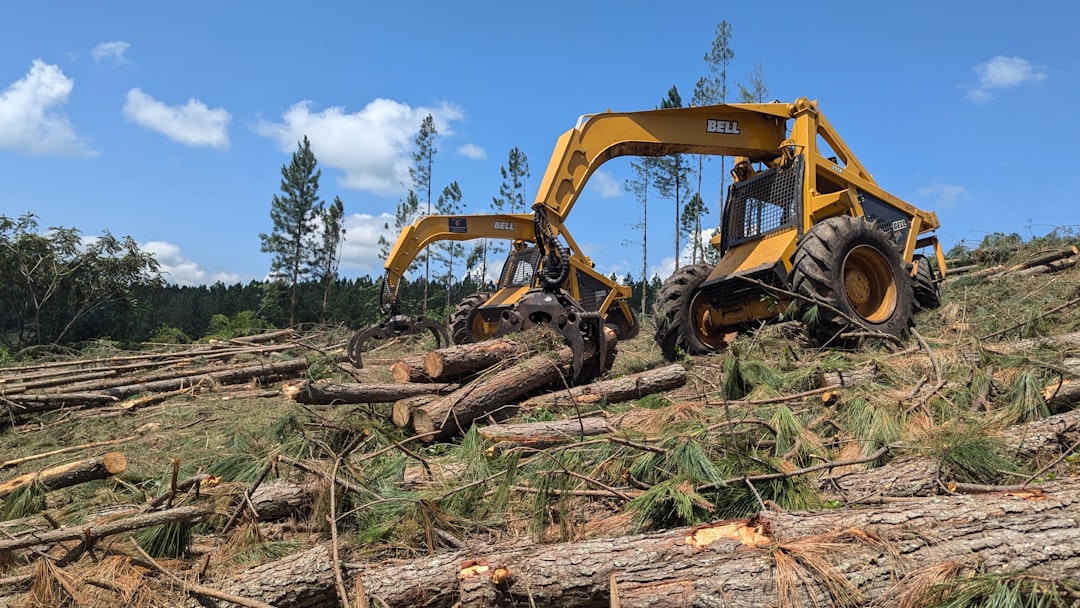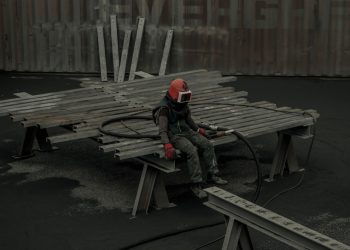No products in the cart.
Burlington Developer Faces Charges for Tree Removal
Burlington has charged a developer for the illegal removal of 425 trees, highlighting environmental regulatory challenges.
Burlington, Canada — The city of Burlington has charged a local developer for the illegal removal of 425 trees, a move that has sparked significant public outcry and raised questions about environmental regulations. This incident underscores the ongoing tension between urban development and ecological preservation.
The developer, whose identity has not been disclosed, reportedly cleared the trees without the necessary permits, violating municipal bylaws aimed at protecting local ecosystems. The city’s action reflects a broader trend in Canada, where municipalities are increasingly prioritizing environmental sustainability amid rapid urbanization.

The removal of these trees not only affects local wildlife but also contributes to increased carbon emissions, as trees play a crucial role in sequestering carbon dioxide. Burlington’s decision to pursue legal action highlights the importance of enforcing environmental regulations, especially as climate change continues to pose significant challenges globally.
“This is not just about trees; it’s about our community and the future of our environment,” said one resident.
Local residents have expressed their outrage over the incident, with many taking to social media to voice their concerns. “This is not just about trees; it’s about our community and the future of our environment,” said one resident. The city has vowed to hold the developer accountable, which could set a precedent for how similar cases are handled in the future.
Environmental experts argue that such actions are necessary to deter future violations. “Without strict enforcement, developers may continue to disregard environmental laws,” said Dr. Emily Carter, a professor of environmental science at the University of Toronto. “This case could serve as a wake-up call for other municipalities to strengthen their regulations.”
As urban areas continue to expand, the conflict between development and environmental protection is likely to intensify. Cities across Canada are grappling with similar issues, balancing the need for housing and infrastructure with the imperative to protect natural resources. Burlington’s charge against the developer may encourage other municipalities to take a firmer stance against illegal tree removal.
Looking ahead, it will be crucial for cities to not only enforce existing regulations but also to develop more comprehensive policies that account for environmental sustainability in urban planning. Engaging the community in these discussions can foster a sense of ownership and responsibility towards local ecosystems, ultimately leading to more sustainable development practices.











